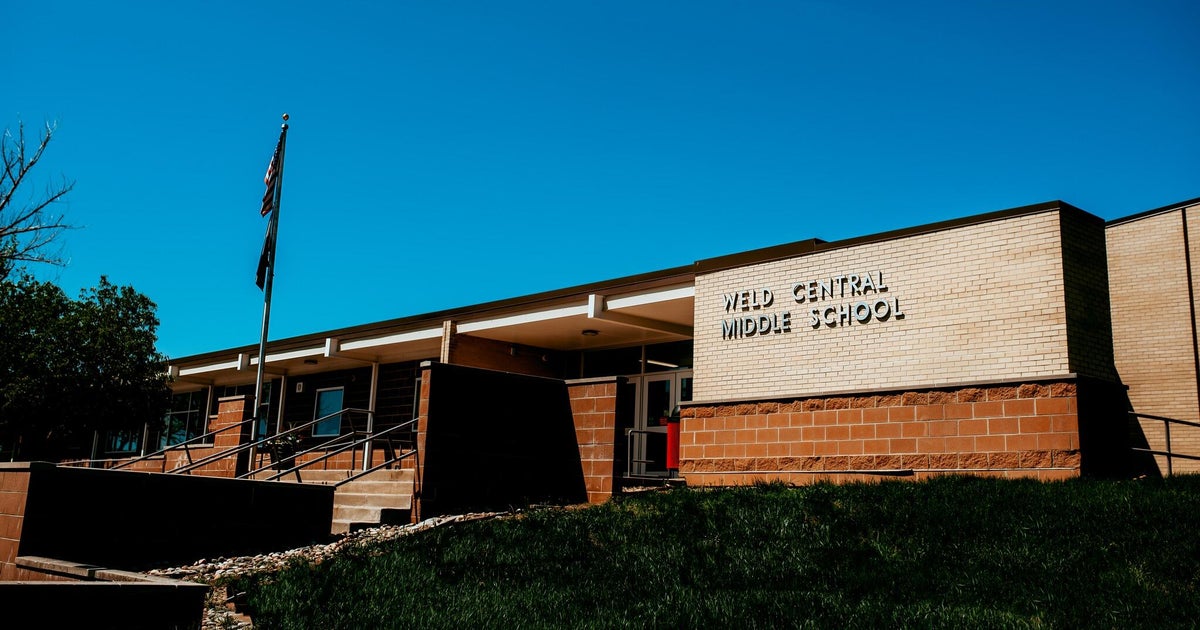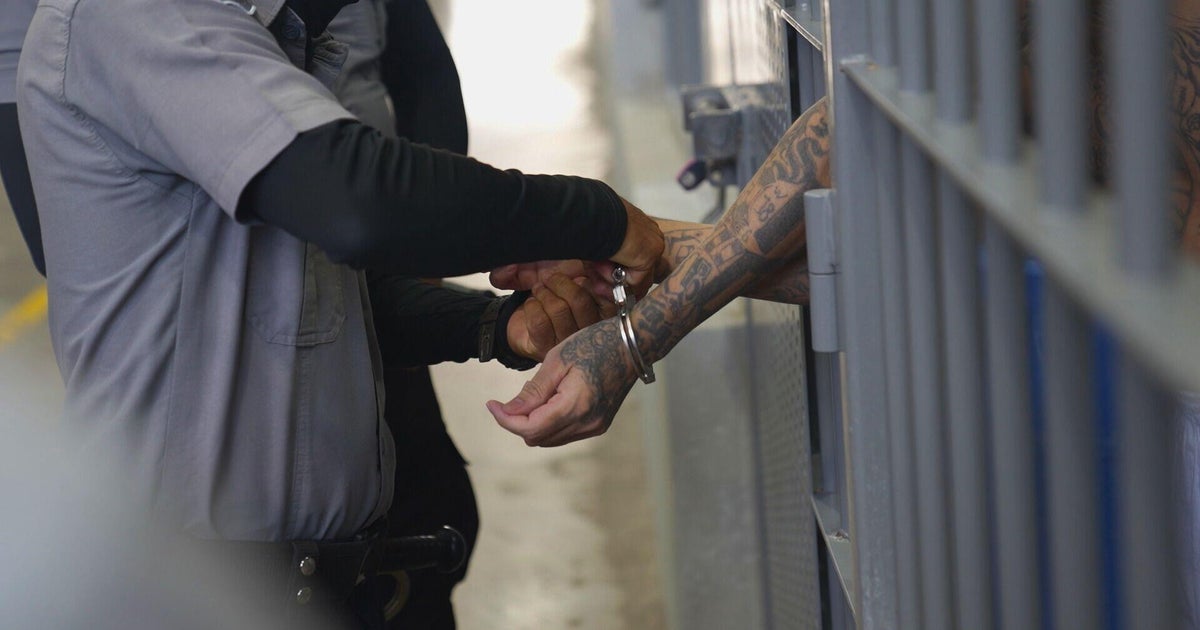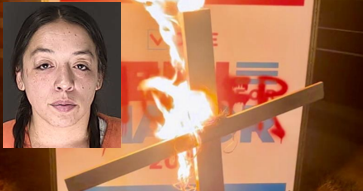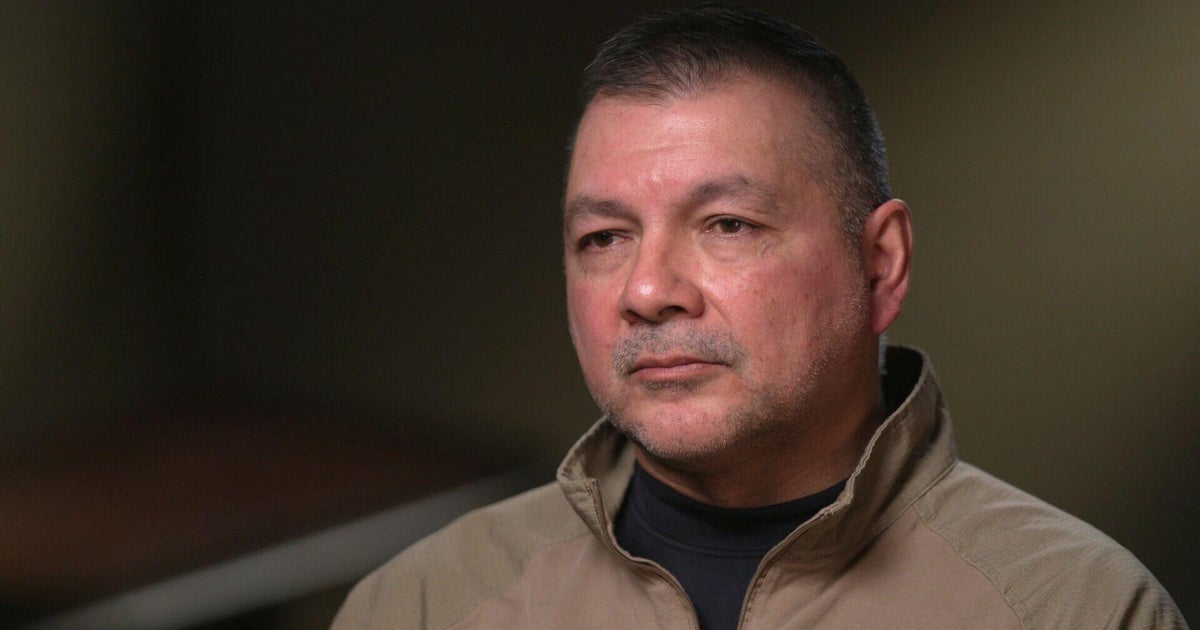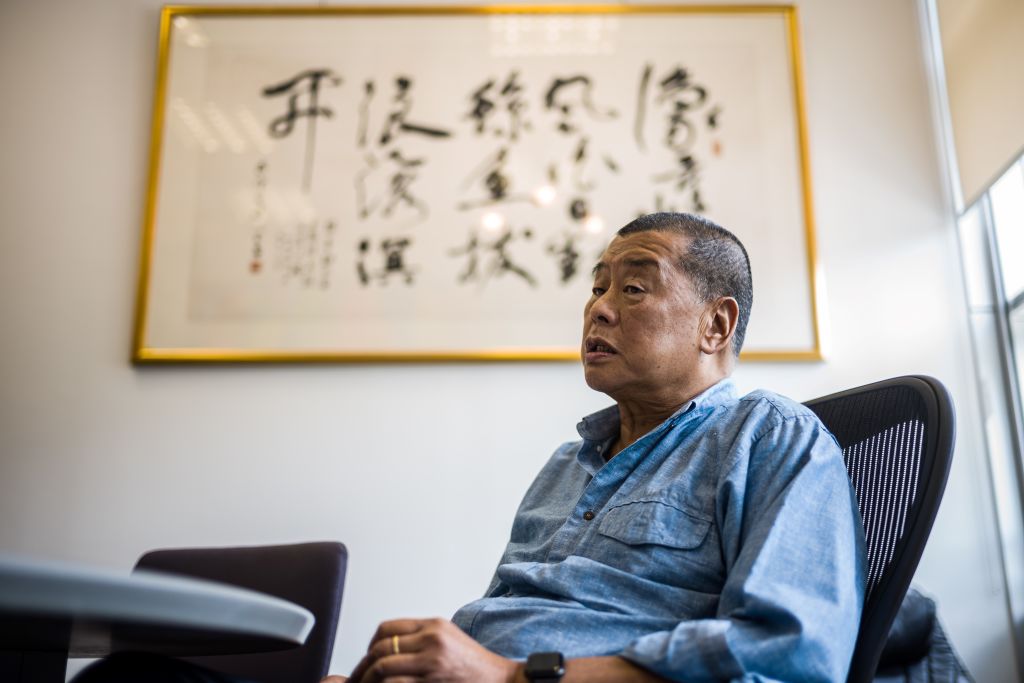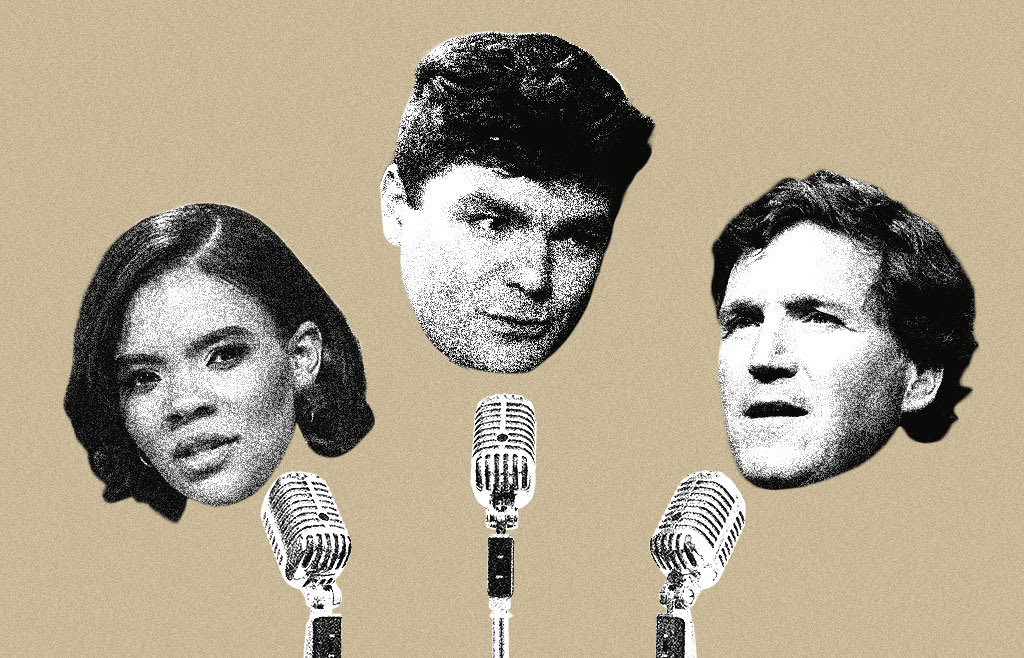Letter from Charleston church shooter reveals no remorse for killings
A racist letter from prison indicates Dylann Roof has no remorse for murdering nine African Americans in a Charleston church in 2015 – a crime he was sentenced to death for. The letter was sent to Christian Picciolini, a reformed white supremacist and the subject of a 60 Minutes report by Scott Pelley to be broadcast Sunday, Dec. 17 at 7:30 p.m. ET and 7:00 p.m. PT.
Picciolini spent eight years in the white supremacist movement beginning as a teen. He explains how the movement capitalized on his loneliness as a child and told him, "Everybody was against me as a white man," and "That I was being intentionally ostracized…diversity was a code word for white genocide."
As a neo-Nazi, he says he hated blacks and Jews and committed acts of violence against them. After many years, he says, he came to a realization. "The truth is, I'd never met or had a meaningful dialogue…with anybody that I thought I hated. And when they took the step to try and reach me, the demonization of them that I had in my head started to crack," he tells Pelley.
Today, Picciolini helps train police, FBI and Homeland Security in the ways of the white supremacist movement. He also tries to reform white supremacists and says he has counseled 200 members of the movement. In these efforts, he wrote to Roof in prison in hopes of hearing signs of remorse. For Roof, there were none, apparently, considering what he wrote back to Picciolini. "Well, starts off with; 'Traitor, you've really cashed in, haven't you? I know you won't be, but you really should be ashamed of yourself. I hope you know that you are 100 times worse than the Jews you've surrounded yourself with,'" says Picciolini.
"That tells me he is completely indoctrinated by these alternate sets of facts… pushed by the movement that puts all the blame on-- Jewish people…he's been fed that [and] that's become his reality," he tells Pelley.
Picciolini warns that today's youths can be easily influenced by social media and drawn to hate groups like he was. Social media drew the largest white supremacy march in 15 years to Charlottesville, Va., to protest the removal of a statue of Robert E. Lee. "It's these types of things that appeal to young people who, frankly, are living in an environment right now where it's tough to find something to believe in," says Picciolini.
At the Charlottesville event, a man alleged to have been a white nationalist intentionally drove his car into a crowd of counter-protesters, killing one and injuring many more. The death is part of a disturbing pattern that also includes Roof's hate crime. "The data tells us this: 74 percent of extremist-related killings in this country in the last ten years have been carried out by right-wing extremists, not Islamic extremists," says Oren Segal, director of the Center on Extremism at the Anti-Defamation League. "So white supremacists, in particular, have been responsible for a majority of the killings, even in the last ten years."
